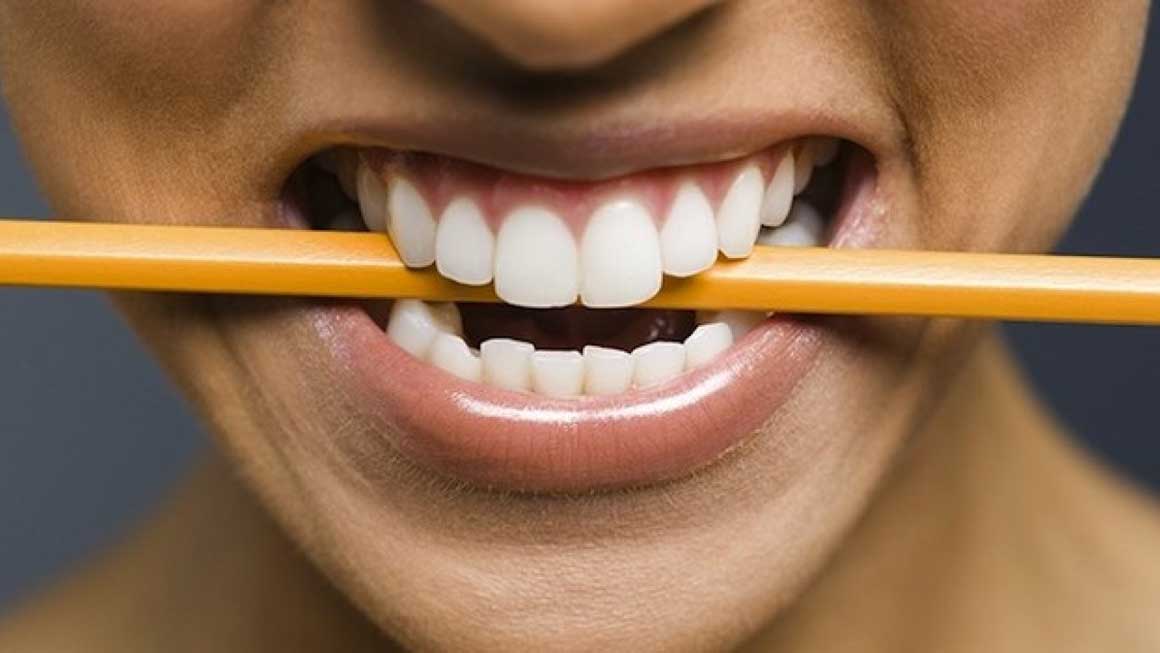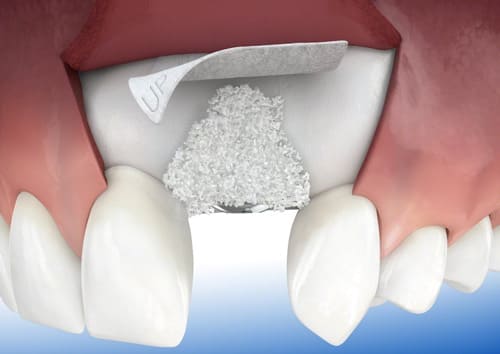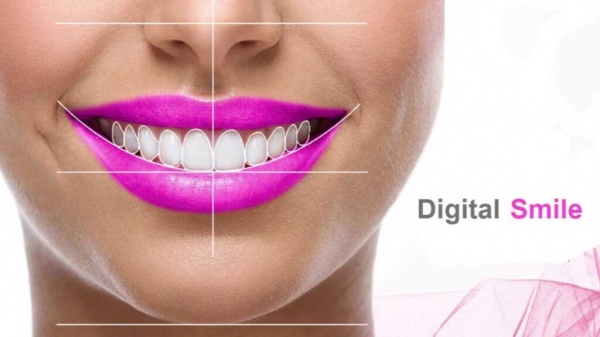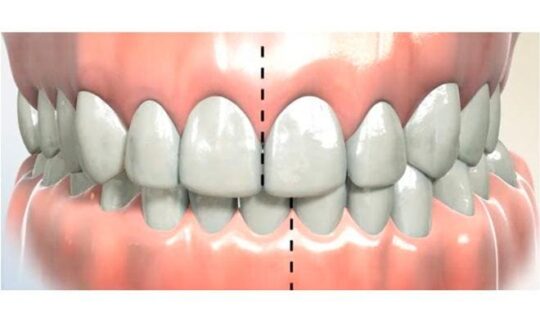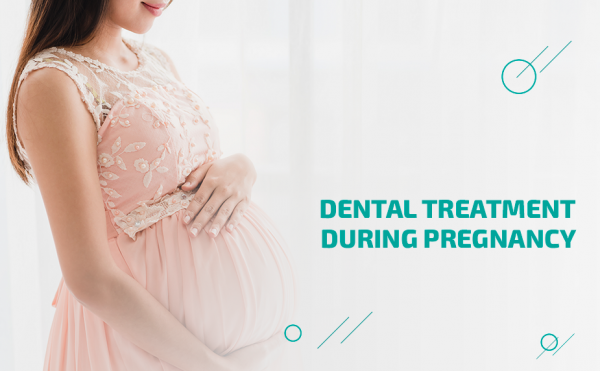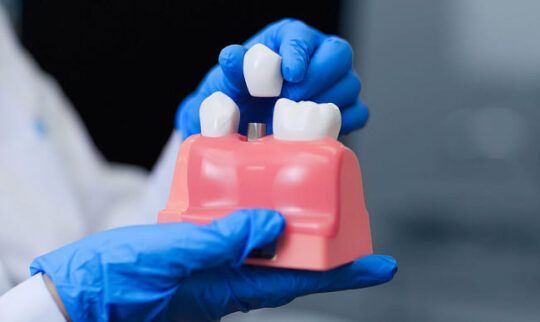What happens to the body when stressed
Prolonged stressful situations lead to an increase in the level of cortisol, a hormone that protects the human body from stress. Under the influence of the release of cortisol, the following changes occur:
- Metabolic processes slow down;
- Weakens the immune system;
- General well-being worsens;
- The level of glucose in the blood rises;
- Oxygen starvation of cells occurs;
- Digestion is disturbed.
When stressed, a person becomes irritable, he tries to cope with the problem with alcohol or cigarettes. Nutrition becomes unbalanced, with frequent snacking. All this negatively affects the condition of the oral cavity, leads to the appearance of diseases of the gums and teeth.
Effect of stress on teeth
Elevated levels of cortisol negatively affect the composition of saliva, leading to its insufficient secretion. It also provokes the destruction of periodontal tissues, contributes to the development of dental diseases. As a result of prolonged stress, the following dental problems occur:
- Stomatitis - the disease is inflammatory in nature, manifested by the formation of painful sores on the mucous membrane in the oral cavity.
- Periodontitis is an inflammatory disease of the soft, bone tissues that hold the tooth, manifested by bleeding gums, bad breath, and displacement of teeth.
- Caries is a pathological process of tooth tissues caused by pathogenic bacteria that leads to the destruction and loss of teeth.
- Bruxism is a spasm of masticatory muscles characterized by teeth grinding during sleep, abrasion of teeth and damage to enamel.
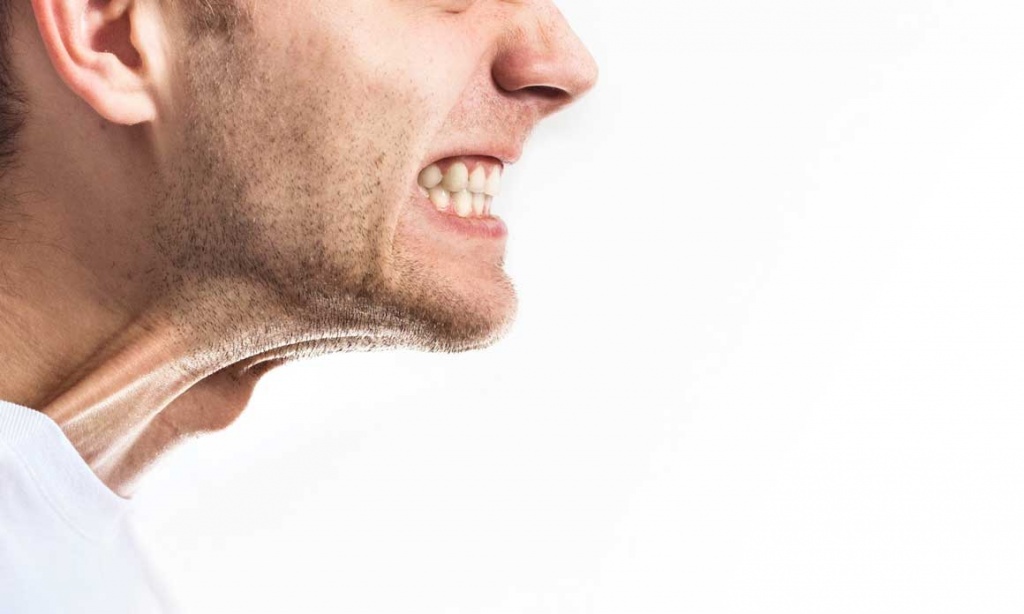
During stress, a person forgets about oral hygiene, does not brush his teeth or does it irregularly, not thoroughly enough. This leads to the lightning spread of caries, the development of gum disease. In order not to aggravate the destructive effect of stress on the body, it is necessary to prevent the development of diseases of the oral cavity.
How to protect your teeth from the damaging effects of stress
Everyone reacts differently to stressful situations. Someone reacts sharply, for a long time not finding a way out of this state. Others, having adapted to a difficult situation, manage to maintain their psycho-emotional and physical health. To reduce the negative impact of stress on the condition of the teeth, experts recommend:
- Brush your teeth properly, use a quality toothbrush and toothpaste.
- Reduce consumption of sweets, give preference to proper nutrition.
- Regularly visit the dentist's office, if necessary, treat caries and other dental diseases in a timely manner.
- Give up smoking, drinking alcohol.
An important measure for the prevention of oral diseases is competent behavior in stressful situations. Good sleep, communication with optimistic people, good music will help to resist negative psycho-emotional factors.

